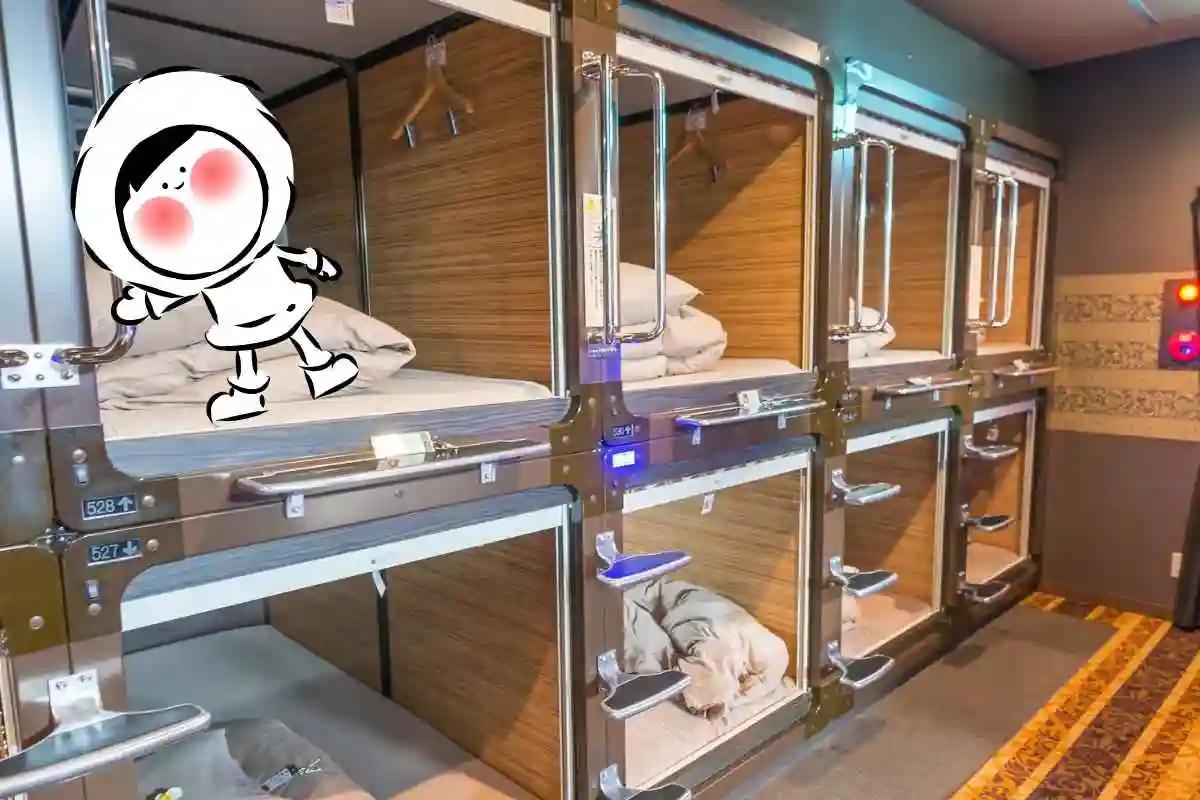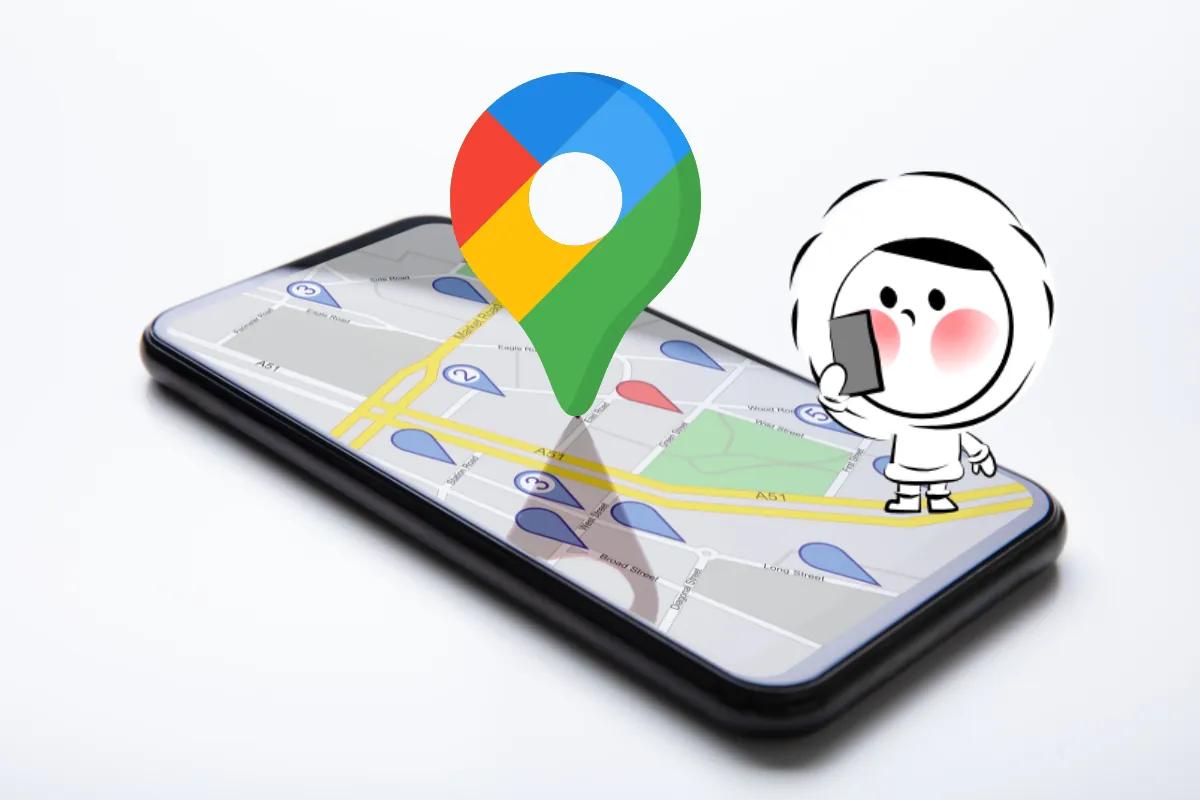
Why Capsule Hotels Are Becoming Popular Now
Why Capsule Hotels Are Becoming Popular Now
A capsule hotel provides a compact private pod, a bed-sized space just big enough to sleep and unwind. Since its start in Japan in 1979, it has spread globally among solo and budget travelers.
Why Capsule Hotels Are Booming Today
Space-Savvy & Affordable in Urban Spots
Capsule hotels first appeared in Japan in 1979, addressing high land costs and demand for cheap, efficient lodging. Today they thrive in cities worldwide, especially in Asia-Pacific where space is at a premium. Guests pay less and get private pods near transit hubs and city centers.
Rise of Solo and Budget Travelers
Millennials, Gen Z, and solo travelers favor privacy, fast check-in, and simple stays. Capsule hotels offer these at a fraction of traditional hotel costs often cheaper per night than dorm beds, while still providing personal space.
Streamlined, Tech-Driven Stays
Modern capsules often include mobile check-in, power ports, built-in Wi‑Fi, mood lighting, and occasionally small screens. These smart features appeal to tech-savvy travelers who expect swift efficiency and minimal fuss.
Sharp Market Growth
Globally the capsule hotel market reached around USD 263 million in 2024 and is forecast to hit USD 433 million by 2030 (CAGR ~8.8 %). Projections across all long-term sources range from USD 250 million to over USD 2 billion by the early 2030s depending on definitions.
Global Expansion Near Transit & Airports
Capsule hotels now serve travelers beyond Japan, in major cities and even inside airports. Brands like First Cabin in Waikiki and Now Now NoHo in New York opened in 2025, targeting design-conscious solo guests in transit-heavy areas.
Trend Toward Minimalist & Social Lodging
There's growing demand for shared, minimalistic, efficient living spaces with communal social zones, capsule hotels hit that vibe. Travelers wanting comfort without extravagance enjoy the balance capsule stays offer.
What Today’s Travelers Find Appealing
- Privacy in a crowded world: Individual pods offer personal space without the cost of an entire room.
- Location matters: These hotels are typically close to transit options or city hubs.
- Simple, efficient design: Ideal for short stays, business transit, or digital nomads needing just sleep or work zones.
Capsule Hotel Facilities - What You’ll Find
Capsule hotels offer a range of shared and in‑pod amenities that balance minimal space with essential comfort:
In the capsule
Each sleeping pod typically includes:
- A bed with bedding (mattress, pillow, duvet)
- Reading light and dimmable lighting
- Power outlets or USB ports for charging devices
- Optional: small TV, personal air‑conditioning control, alarm clock, Wi‑Fi access, ventilation system.
- Privacy provided via a curtain or sliding door, sometimes lockable from inside only.
Shared facilities
Outside the pods, all guests can typically access:
- Shared toilets and showers, often gender-separated. Toiletries (soap, shampoo, towels) usually provided.
- Secure lockers or luggage storage, some hotels offer in-room lockboxes or storage behind reception.
- Communal Lounge or seating area, often with Wi‑Fi, vending machines or café-style space.
- Some hotels provide kitchenette or dining area, self-serve microwave, fridge, kettle or breakfast service.
- Laundry machines, coin‑operated washers and dryers.
- In upscale capsule hotels: sauna or spa, private baths, business-class pods with safety buttons, even day‑use options. For example, First Cabin Waikiki includes showers, saunas, kitchenette, lockers, security alarms.
Additional service offerings
- 24‑hour check-in or self-service kiosks
- Bathrobes/slippers provided on arrival in many Japanese hotels, with a shoe-storage system.
- Quiet zones and rules, headphone policies, and etiquette reminders help maintain peace.
Sometimes Capsule Hotels Don’t Include Wi‑Fi
While many capsule hotels advertise free Wi‑Fi, not all properties provide reliable internet inside the capsule. Some only offer Wi‑Fi in the common lounge, or the connection may drop at peak hours. In a survey, guests reported varying signal strength and limited access.
That means you may lose access once you’re inside your pod, especially if you need to browse, map your route, check bookings, or stream. If Wi‑Fi access is limited or unstable, consider carrying your own mobile data.
Eskimo eSIM ensures you stay online even when capsule hotels lack Wi‑Fi. With global coverage with no SIM swaps needed you can:
- Book stays via hotel apps
- Use mobile maps, manage reservations, or watch content in your pod
- Send or receive messages freely, even where Wi‑Fi drops off
FAQs
What makes capsule hotels different from hostels or regular hotels?
Capsule hotels provide individual sleep pods rather than shared dorm beds or full hotel rooms. They balance privacy with affordability.
Are capsule hotels safe and clean?
Yes. Facilities typically include secure lockers. Pods and shared areas are cleaned regularly, and noise rules promote a respectful environment.
Can I stay with a partner or friend in one pod?
Most capsules are designed for one person. A few locations offer wider “double pods,” but solo travelers remain the primary audience.
What should I bring?
Travel light due to limited interior space. Earplugs help with communal noise, and you’ll need to be comfortable using shared bathrooms.
Are capsule hotels accessible for those with mobility issues?
Generally not. Capsules are often stacked, with ladders to upper levels. Accessible options are still rare.


















